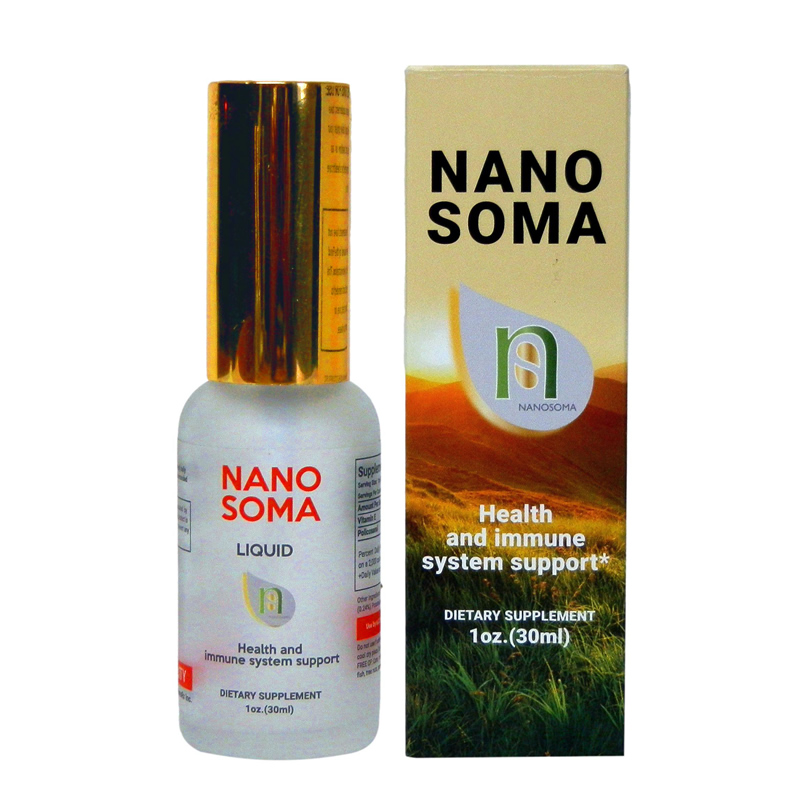No products in the cart.
Diabetes Medical Treatment
This article focuses on what you can expect in the hands of the mainstream medicine. We see it very differently. But we want to give you a chance to evaluate what you can expect. Diabetes is seen as a life-threatening condition caused by the body’s inability to properly process sugar to use as fuel. There are two kinds of diabetes:
- Type 1, when the pancreas does not produce enough insulin
- Type 2, when the pancreas produces insufficient amounts of insulin, or the body cannot properly utilize the insulin that is produced (insulin resistance).
Type 1 diabetes is often referred to as insulin dependent diabetes, and Type 2 as non-insulin dependent diabetes.
How Does Diabetes Progress?
Diabetes-related complications are the third leading cause of death by disease. Only half of diabetes cases are diagnosed. These people are fortunate because they can take charge of their condition. Controlling blood sugar levels will help ensure that diabetes is managed successfully and reduce the risk of short and long-term complications that diabetes can cause.
As time progresses, high blood sugar levels can damage the large and small blood vessels of the body, preventing oxygen and other essential nutrients from reaching vital areas. This can cause complications involving the kidneys, the circulation, nerves and eyes. The complications are divided into “small vessel” diseases such as blindness, kidney disease and restricted blood flow to lower extremities that can result in the need for amputation, and “large vessel” diseases such as heart attack and stroke.
The following statistics attest to the seriousness of diabetes
- Heart disease is two to four times more common in people with diabetes.
- Diabetes is a leading cause of adult blindness.
- Many serious kidney problems are in people with diabetes.
- Worldwide, half or more of all non-traumatic limb amputations are due to diabetes.
- Diabetes is a major cause of erectile dysfunction.
A landmark ten-year study called the Diabetes Control and Complications Trial (DCCT), has shown that people with diabetes who keep their blood glucose in near-normal ranges have up to a 60 percent reduction in long-term complications from the condition. This breaks down as: eye disease 76% reduced risk; kidney disease 50% reduced risk; nerve disease 60% reduced risk. All participants in the DCCT trial were monitored for diabetic retinopathy, the leading cause of blindness in adults under age 65. The results showed that regular monitoring and management reduced the risk for developing retinopathy by 76 percent. Participants with some eye damage at the beginning of the study, were able to slow the progression of the disease by 54 percent through intensive management.
The largest, most comprehensive diabetes study ever conducted, the DCCT involved 1,441 volunteers with type 1 diabetes and 29 medical centers in the United States and Canada. Volunteers had diabetes for at least 1 year but no longer than 15 years. They also were required to have no, or only early signs of, diabetic eye disease. The study compared the effects of two treatment regimens-standard therapy and intensive control-on the complications of diabetes. Volunteers were randomly assigned to each treatment group.
How Common is Diabetes?
The rate of diabetes is on the rise. Half the people who have diabetes are unaware of their condition. Approximately 10 percent of people with diabetes have Type 1 diabetes. The remainder have Type 2.
What are the Warning Signs?
The symptoms of diabetes include:
- frequent urination
- changes in appetite
- extreme fatigue or lack of energy
- unusual thirst
- unexplained weight loss
- irritability
- frequent or recurring infections cuts and bruises that are slow to heal
- tingling or numbness in hands or feet
- >having difficulty getting or sustaining an erection
With Type 1 diabetes, the symptoms progress quickly and dramatically. With Type 2 diabetes, it is possible to have no apparent symptoms. (The disease is normally diagnosed during a routine medical exam.)
Treatments for diabetes
Type 1 diabetes
Type 1 (insulin dependent) diabetes requires the administration of insulin via injection or pump delivery. Insulin is essential to the survival of a person with Type 1 diabetes.
Type 2 diabetes
Type 2 (non insulin-dependent) diabetes is usually managed through lifestyle changes, especially diet and exercise. Sometimes, insulin or oral medications are required to help the body process sugars.
Pills used to treat diabetes do not contain insulin. Therefore, the pancreas still has to make insulin in order for them to help you. Only people who have Type 2 diabetes can benefit from taking this type of medication. These pills should not be used during pregnancy, breastfeeding, or if you are trying to become pregnant.
The following medications are commonly used to help manage Type 2 diabetes:
Metformin (Glucophage)
This drug reduces the liver’s production and output of sugar. Metformin should not be used if you suffer from decreased kidney or liver function, heart failure or if you occasionally consume large amounts of alcohol or have a history of alcoholism.
Pioglitazone (Actos), Rosiglitazone (Avandia)
These drugs promote the uptake of sugar into the cells. If you are female, both drugs may increase your risk of getting pregnant if your periods are irregular. Liver tests should be done before starting treatment with these drugs and should be repeated every 2 months for the first year. It may take up to six weeks before you notice an effect when taking piolitazone, and up to eight weeks for rosiglitazone.
Acarbose (Prandase)
This drug delays the digestion and absorption of sugar from the gut. You should test your blood sugar two hours after meals. If taking other pills and low blood sugar occurs, you should take only glucose tablets or milk.
The following drugs all act on the pancreas to promote insulin secretion:
Glyburide (Diabeta), Gliclazide (Diamicron)
It is important not to miss meals or snacks while taking glyburide or gliclazide. While on these drugs, your sugar readings will be low. There is a possibility of weight gain. You should be cautious if you have an allergy to sulfa pills. Glyburide and gliclazide may cause an increase in sun sensitivity, so be sure to wear a good sunscreen.
Glimepiride (Amaryl)
Glimepiride should not be taken if you have kidney, liver or heart disease. You should be cautious if you have an allergy to sulfa pills. This drug may cause an increase in sun sensitivity, so be sure to wear a good sunscreen.
Repaglinide (Gluconorm)
With this drug, it is important to include some carbohydrate in your meals, to avoid low blood sugar. You should not take a dose and then skip a meal. Caution should be exercised if you have poor liver function.
Nateglinide (Starlix)
Once again, caution should be exercised if you have poor liver function.







